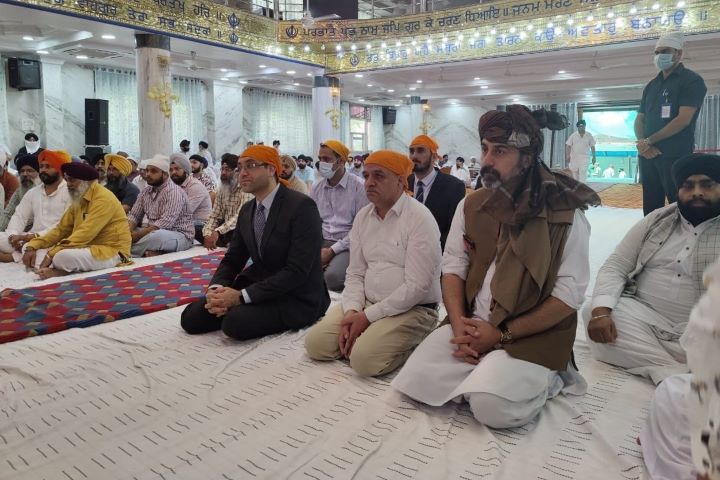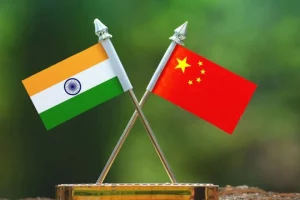The Taliban government in Kabul has appointed Qadir Shah, a current staffer, as the head of the embassy in Delhi. He has been appointed in place of ambassador Farid Mamundzay, who had been appointed by the deposed Ashraf Ghani government.
Mamundzay was replaced by the Taliban over the weekend, when he was on a holiday in London. Until now he had been the link between Kabul and New Delhi. Afghan news agency Khaama Press says that embassy employees in New Delhi “have collectively refused to welcome the Taliban’s decision”.
The change at the helm has been widely reported in the Afghan media.
However, the appointment of Shah by the Taliban regime, which took over the reins in Afghanistan on August 15, 2021, in the wake of withdrawal of the US government after two decades, is likely to pose a problem for New Delhi which does not recognise the Taliban as the legitimate government in Kabul.
This is despite the fact that India has kept its communication channels open with the Taliban by way of talks with the Taliban representatives in Doha, Qatar, and also by way of sending food aid from time to time. In June 2022, less than a year after the Taliban assumed power in Kabul, India had sent a technical team to its embassy in Kabul to monitor humanitarian assistance. Earlier this year, India had also organised a four-day ‘India immersion’ course in diplomacy for the foreign affairs staff in Kabul.
Despite the open channels with the regime in Kabul, the Taliban decision has put the Government of India in a dilemma. The Afghan media reports that Indian officials have asked Mamundzay to come up with an agreement with Qadir Shah as both have worked together at the embassy.
Just a handful of countries have allowed the Taliban regime to appoint an envoy in their countries. These include Pakistan, Iran, Russia, Turkmenistan, UAE, Turkey and China, according to Tasnim News.
There has been no official comment either from India or from Afghanistan. However, Mamundzay dismissed media rumours in a Facebook post on Sunday evening.
India’s stand on the Afghan dilemma is two-fold – keep the heavily armed militant groups away from India and also ensure that its support to the Afghan people through food and medical aid remains unimpacted.
This was the sentiment the Ministry of External Affairs (MEA) had conveyed while sending a “technical team” to Kabul: “India has a historical and civilisational relationship with the Afghan people. In order to closely monitor and coordinate the efforts of various stakeholders for the effective delivery of humanitarian assistance and in continuation of our engagement with the Afghan people, an Indian technical team has reached Kabul today and has been deployed in our embassy there”.
Also read: China pulls off its Afghan investment gambit after a delayed start




















